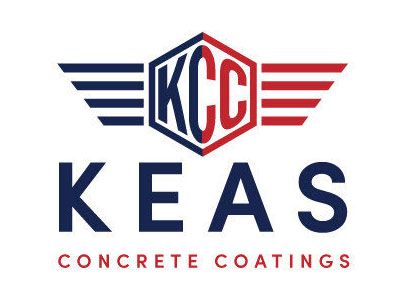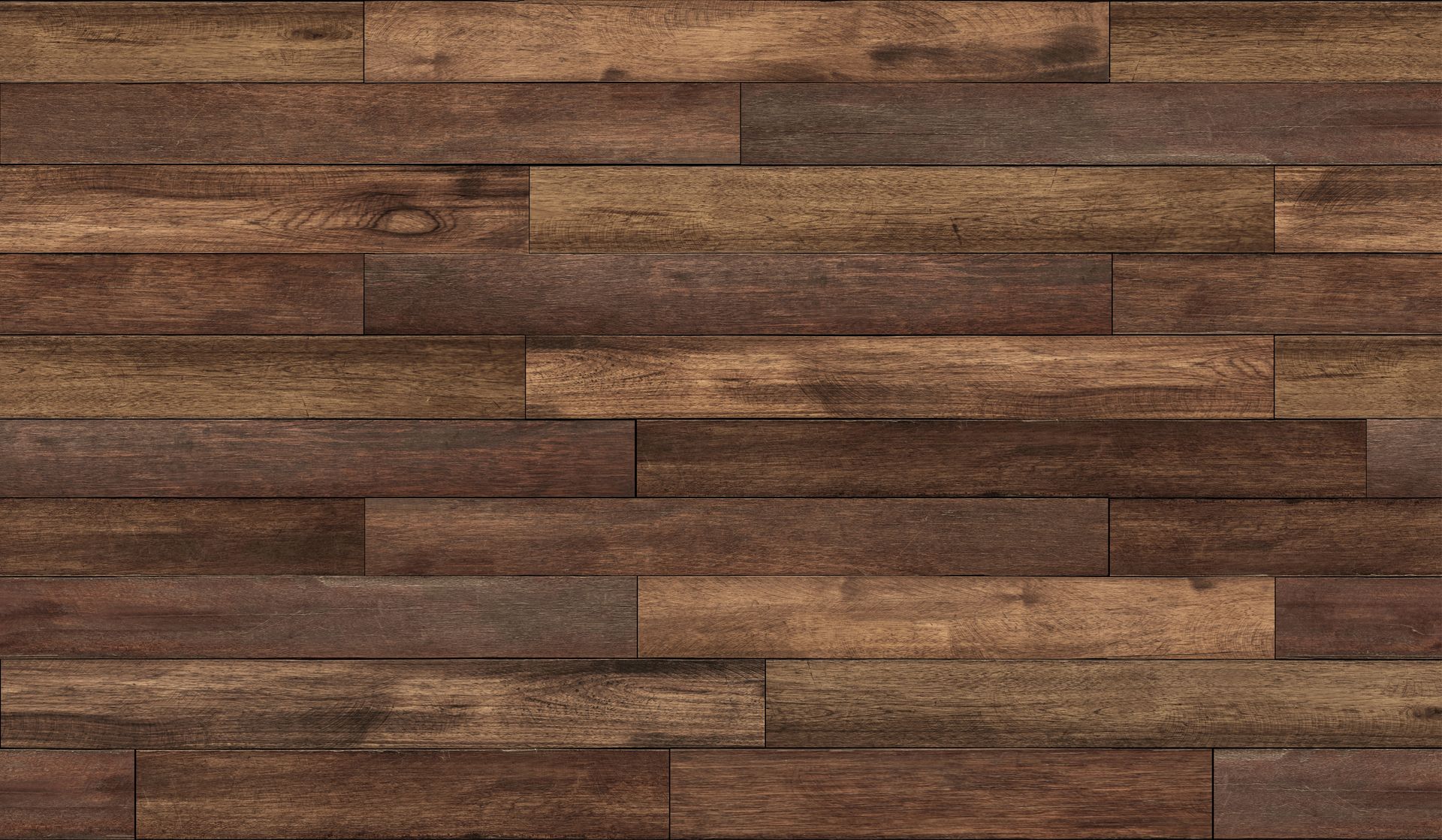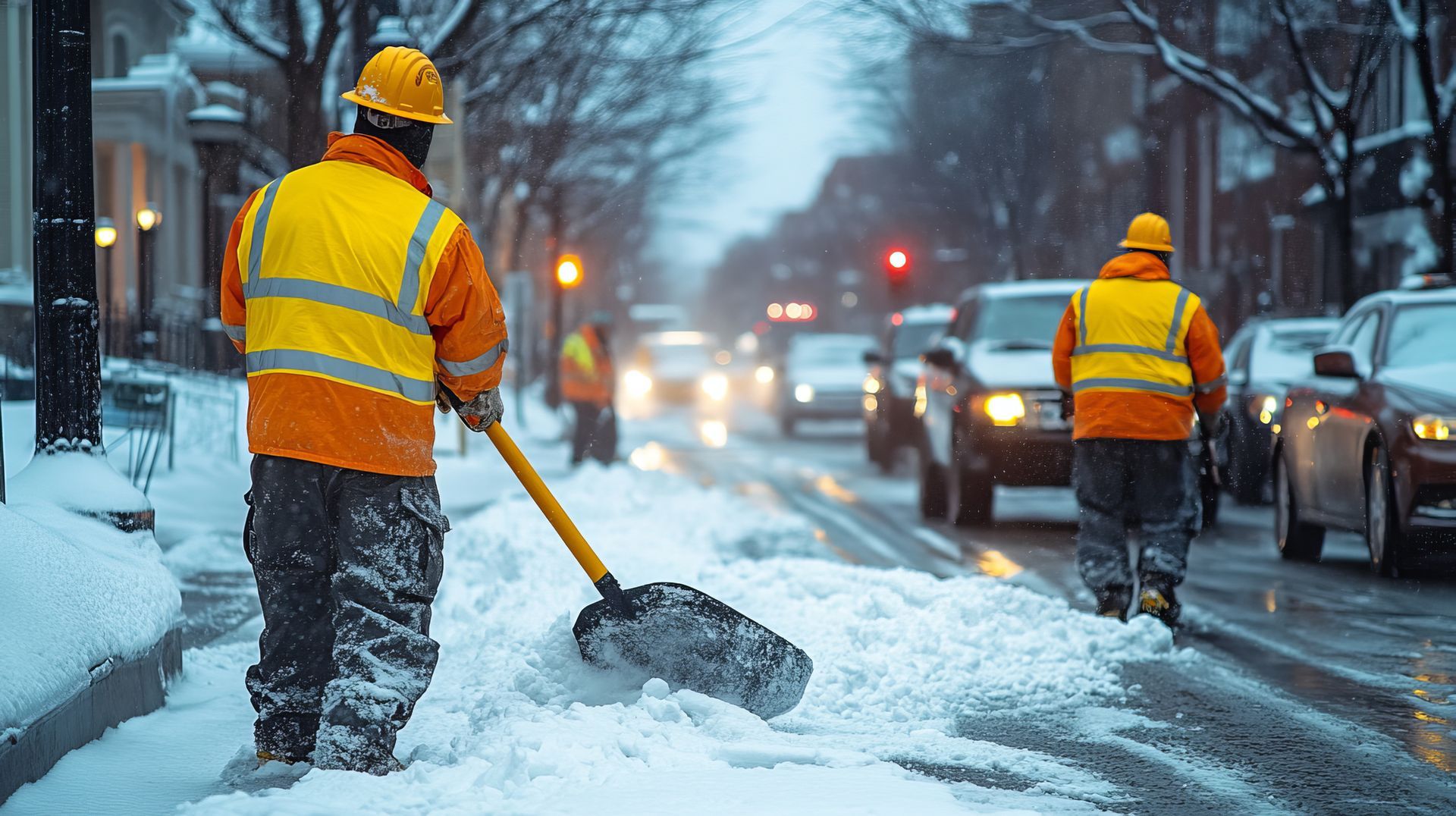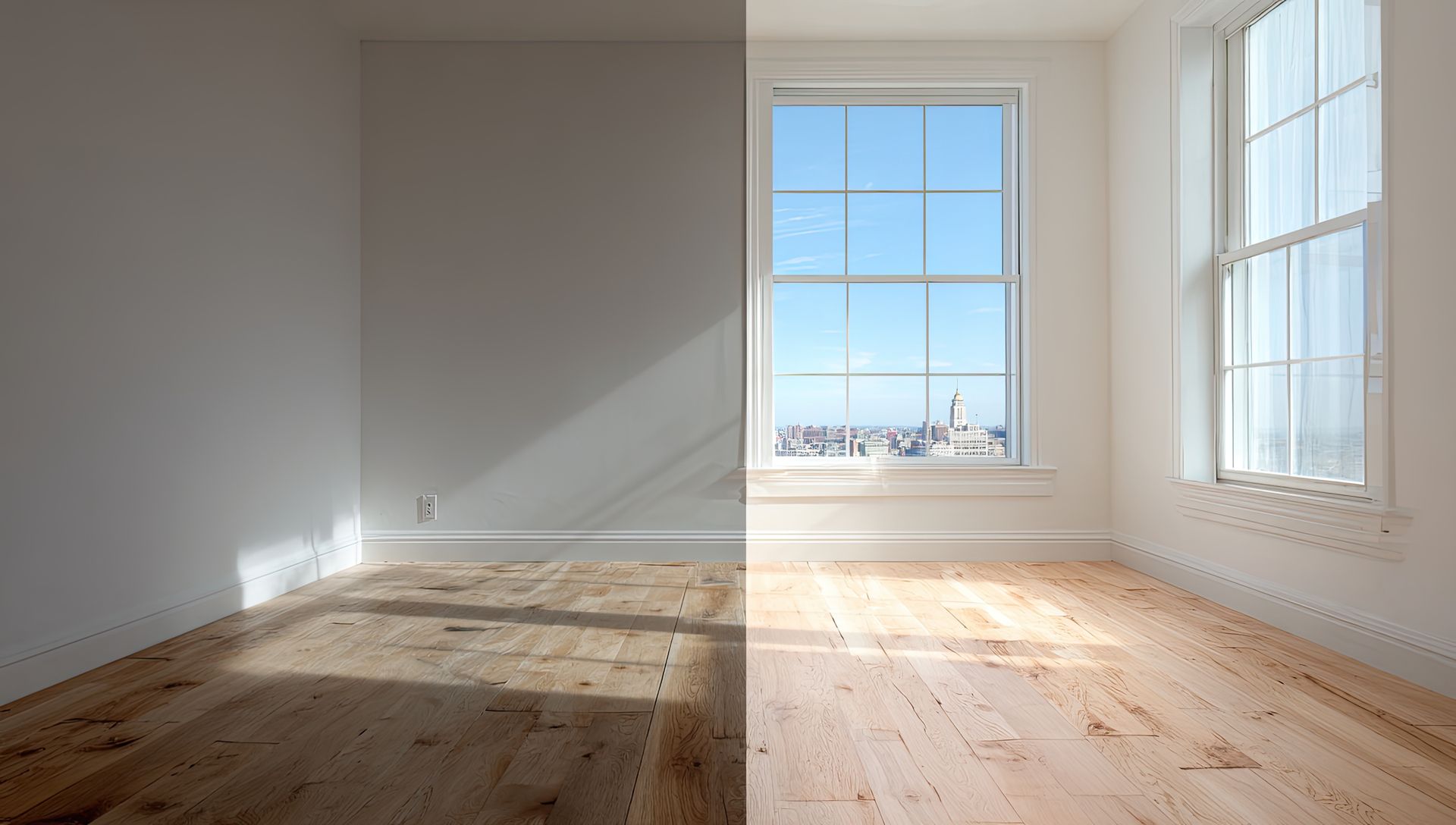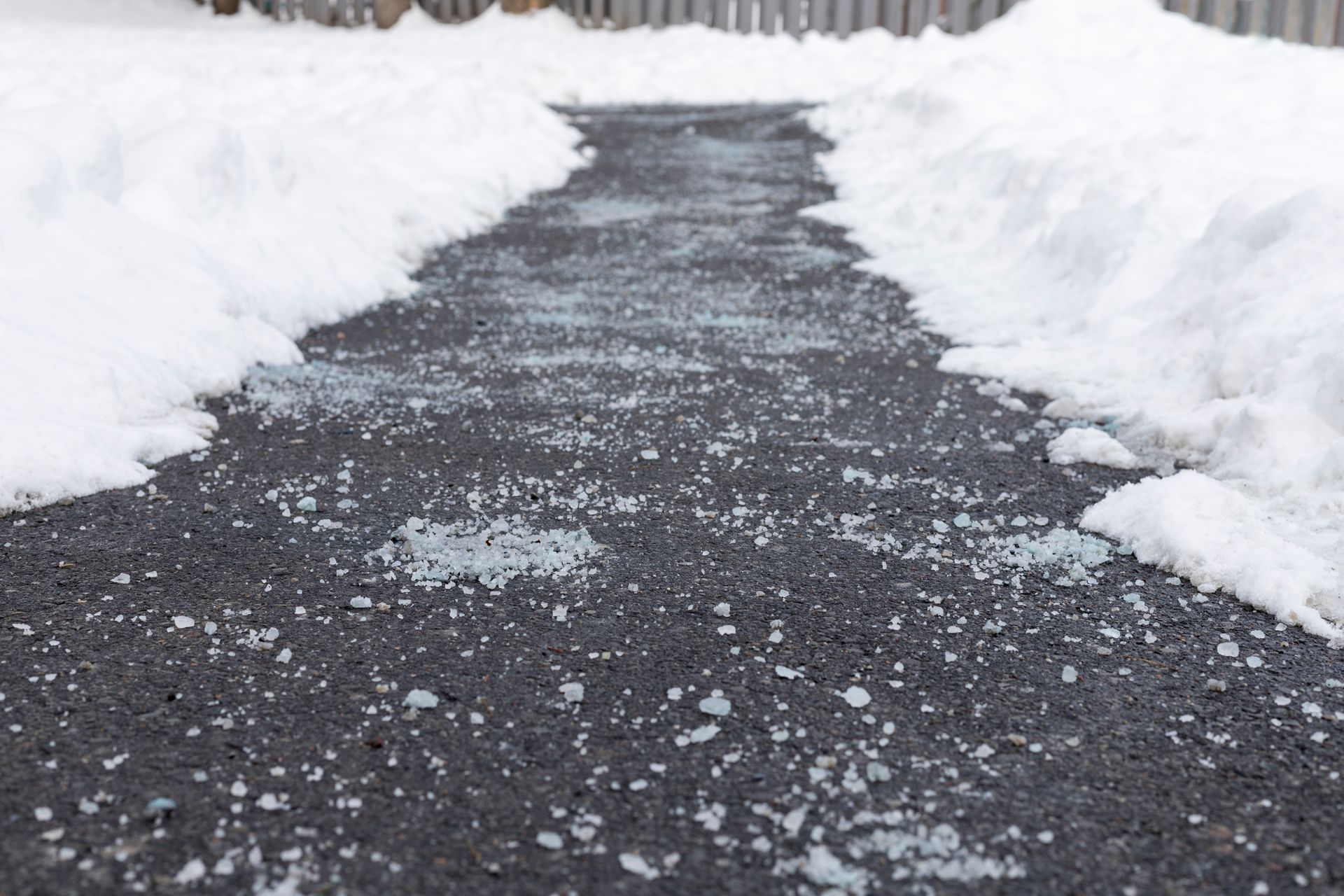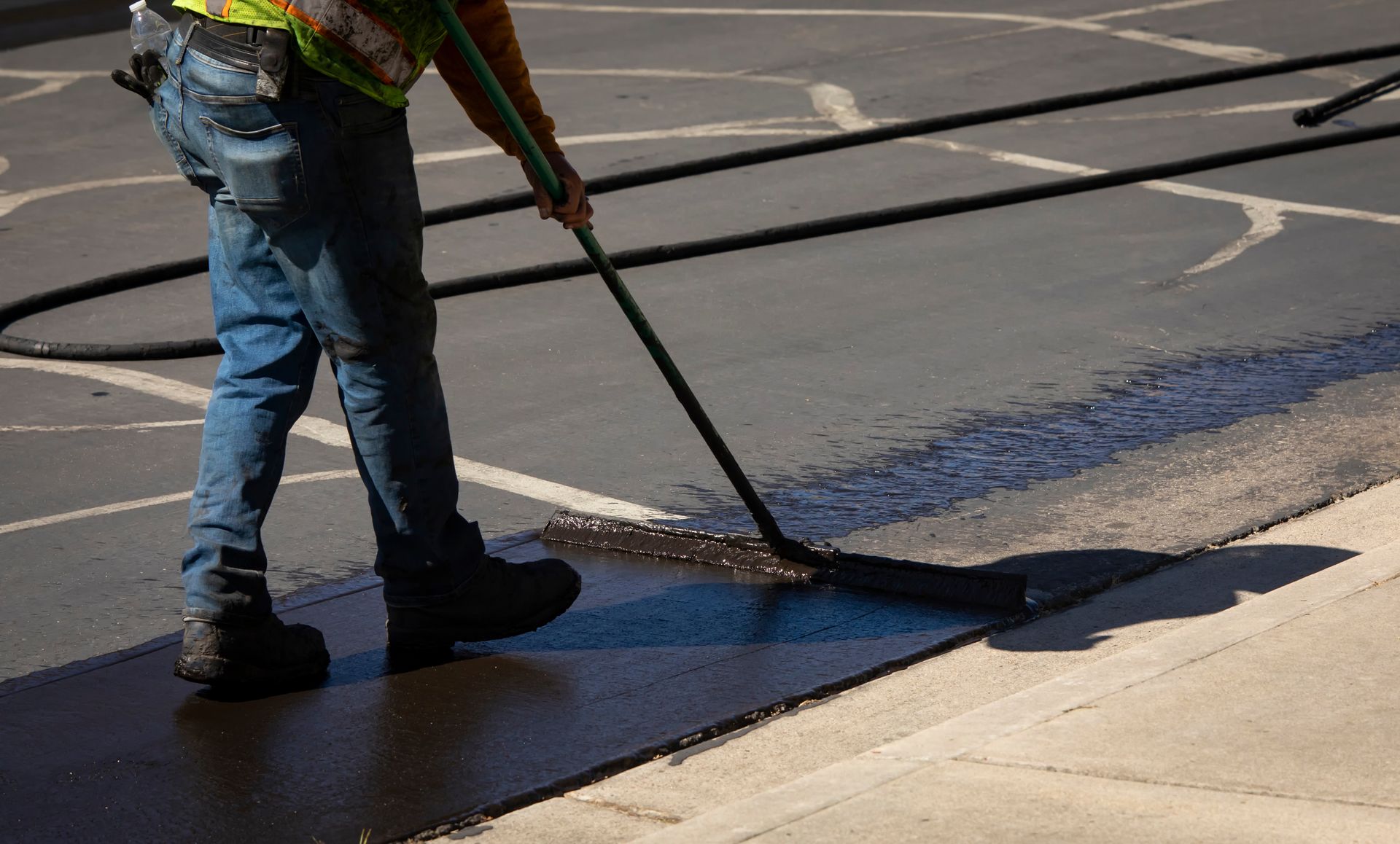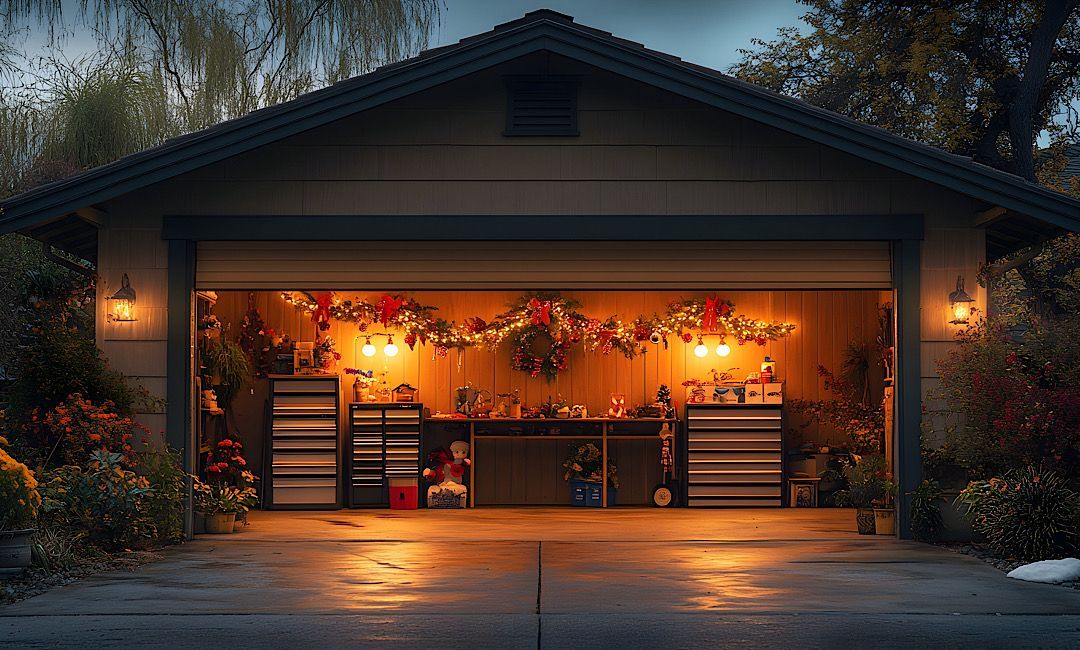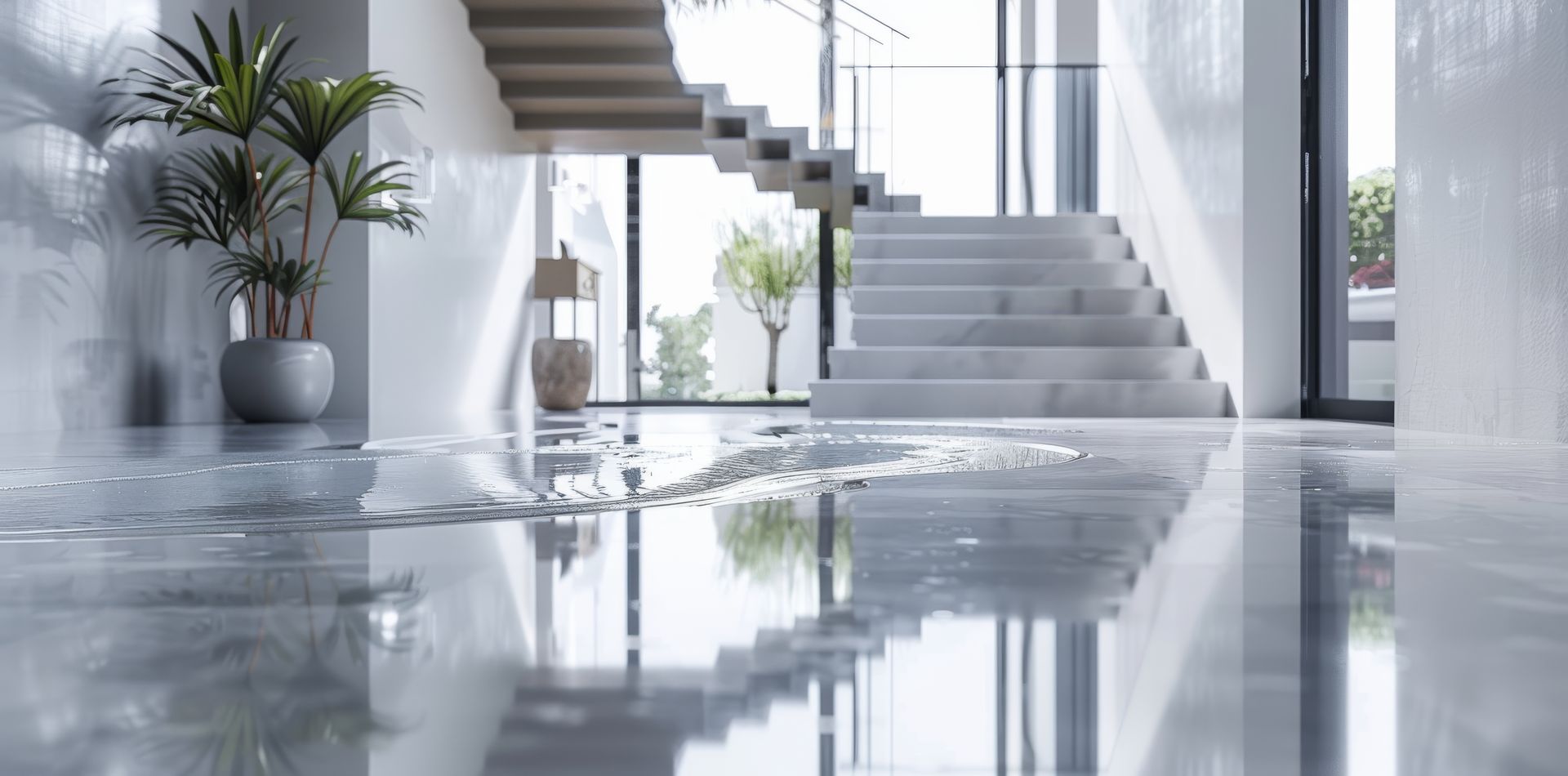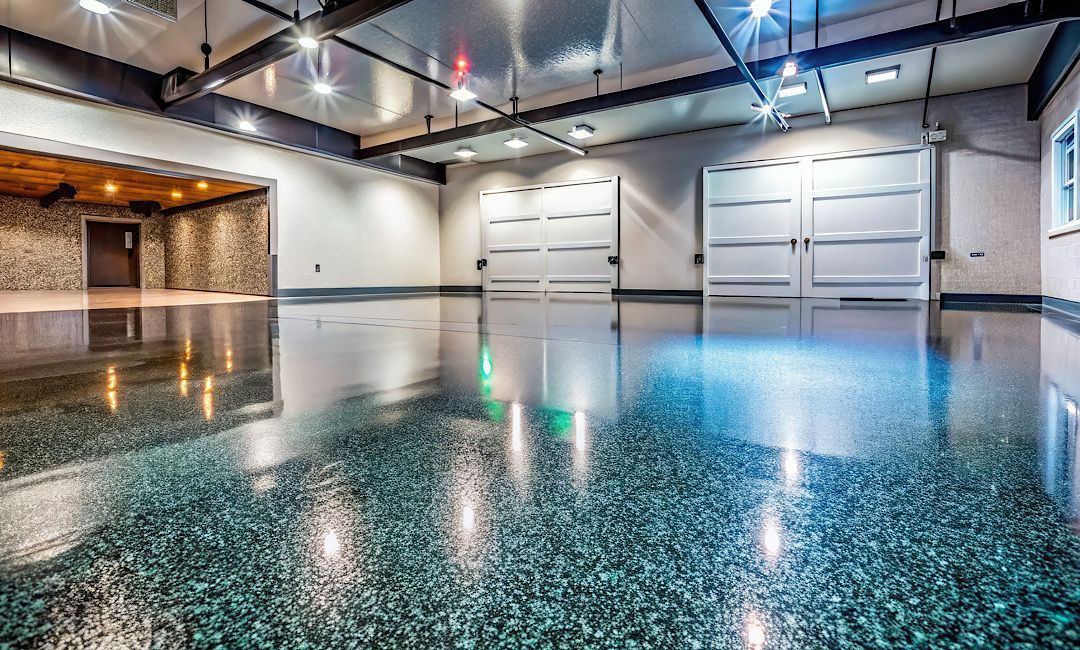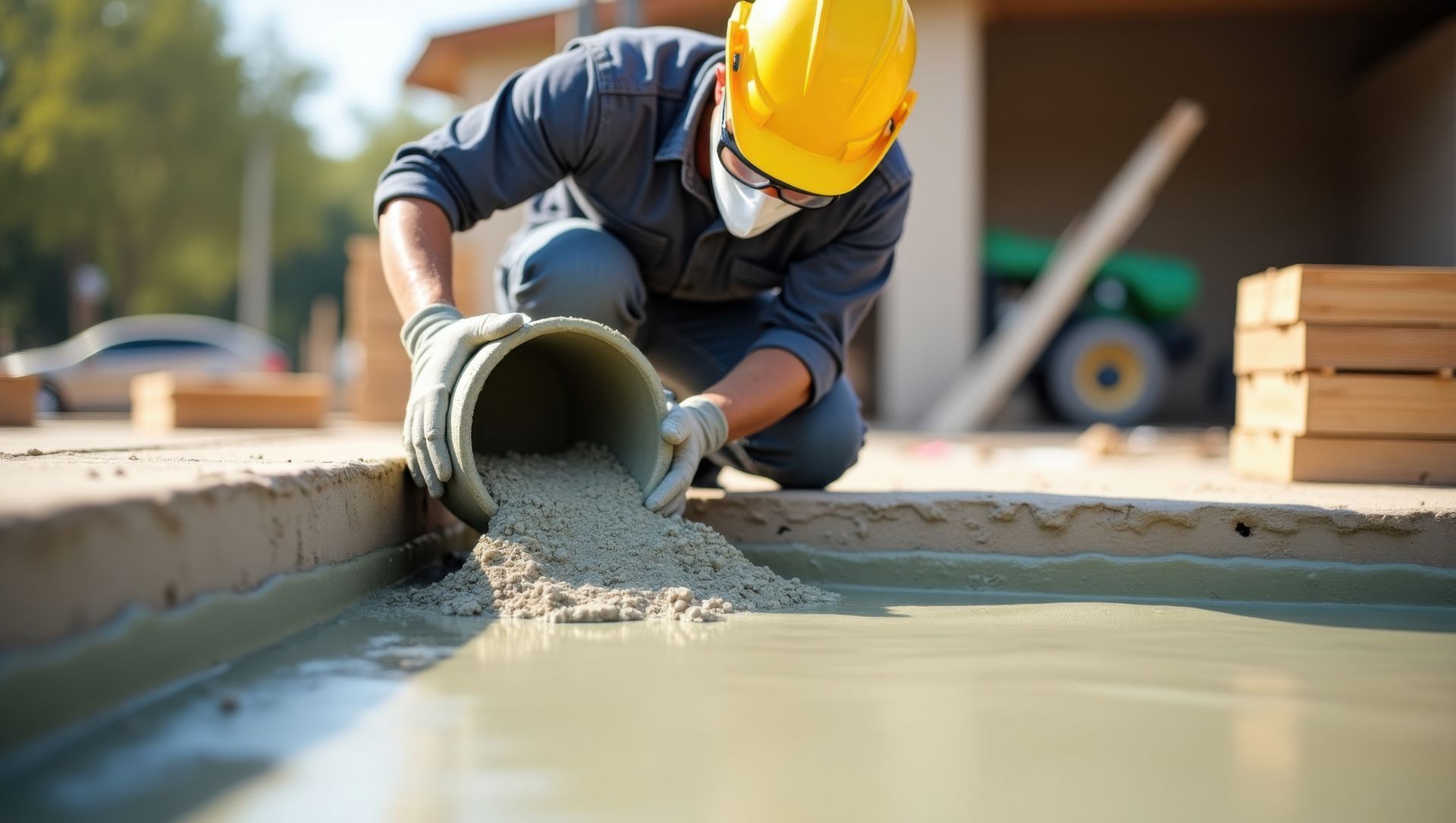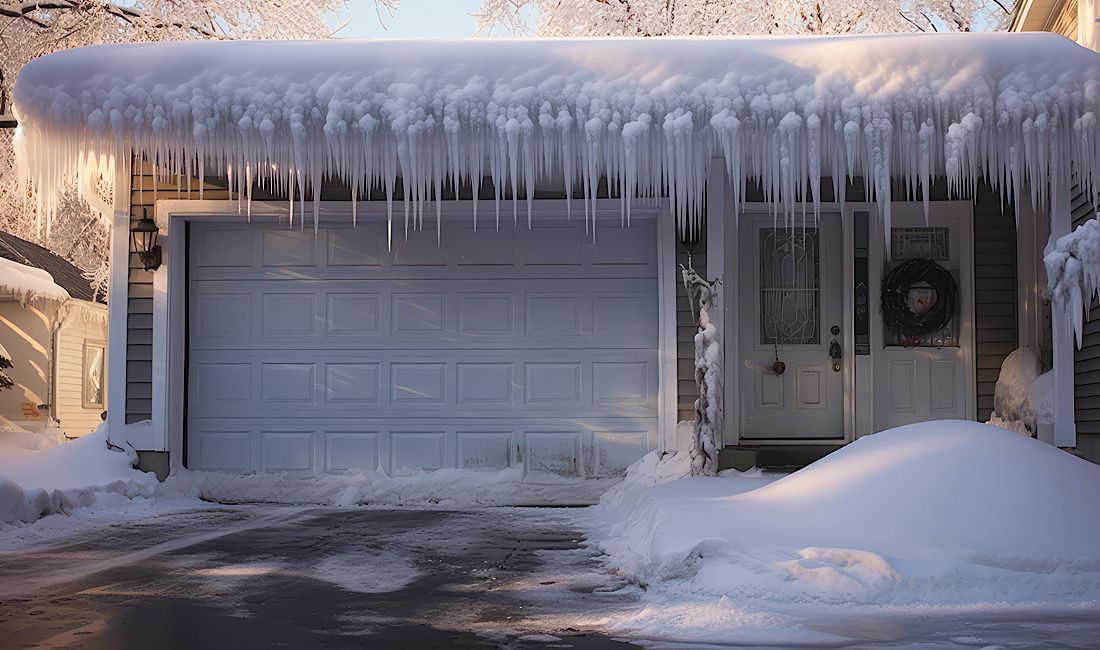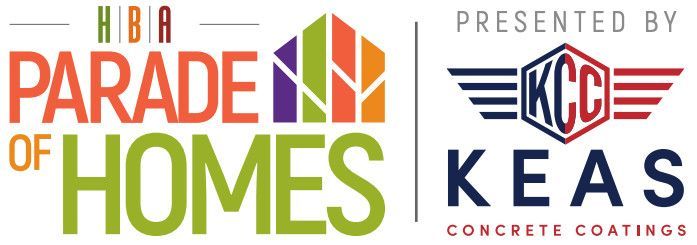Road Salt, Snow & Slush: Winter-Ready Garage Floors

Winters in Denver and across the Front Range are not just cold—they’re tough on concrete. Every time you pull your vehicle into the garage after a snowy commute, you’re bringing in road salt, snowmelt, and slush. Over time, this constant exposure can wreak havoc on unprotected concrete surfaces, causing pitting, cracking, and deterioration from the inside out. At
Keas Concrete Coatings, we specialize in
winter-ready garage floor coatings designed to protect against salt damage, freeze–thaw cycles, and the everyday wear that comes with Colorado’s seasonal extremes.
For homeowners in Denver, Boulder, and surrounding areas, choosing the right floor coating is more than an upgrade—it’s a long-term investment in protecting one of the most used spaces in your home.
Why Winter is Hard on Colorado Garage Floors
Concrete is naturally porous, which means it absorbs water, chemicals, and contaminants. During Colorado winters, three main threats combine to damage garage flooring:
1. Road Salt
De-icing salts used on Denver roads stick to your vehicle’s tires and drip onto the garage floor. These salts don’t just stain concrete—they chemically react with it, accelerating deterioration and creating unsightly white residue known as efflorescence. Over time, this reaction causes the surface to flake and pit.
2. Snow and Slush
Snowmelt tracked inside creates pools of moisture that penetrate the pores of untreated concrete. When temperatures drop overnight, the trapped water freezes, expands, and causes micro-cracks that spread over time.
3. Freeze–Thaw Cycles
Colorado winters are notorious for dramatic temperature swings—warm sunshine during the day and freezing nights. This repeated cycle of expansion and contraction causes untreated concrete to crack, crumble, and spall. According to the Portland Cement Association, freeze–thaw damage is one of the leading causes of premature concrete failure in northern states.
These issues don’t just affect how your garage floor looks—they also reduce its structural integrity, shorten its lifespan, and lead to expensive repairs.
How Keas Concrete Coatings Protect Against Winter Damage
At Keas Concrete Coatings, our polyurea and polyaspartic systems are engineered to withstand Colorado winters better than traditional epoxy or bare concrete. Here’s how they create a protective barrier that keeps your garage floor looking great year-round.
Salt Resistance
Unlike concrete, our coatings are non-porous. Salt residue sits on the surface instead of seeping in, making it easy to clean with a mop or hose. This prevents the chemical breakdown that destroys untreated concrete over time.
Waterproofing
Polyurea and polyaspartic coatings seal the concrete slab, preventing water and slush from penetrating. No matter how much snowmelt your car brings inside, the floor won’t absorb moisture, eliminating the risk of freeze–thaw cracking.
Temperature Flexibility
These coatings are designed to expand and contract with concrete during temperature swings, meaning they won’t chip or peel when exposed to Denver’s winter extremes. They perform reliably from -20°F to 120°F, ensuring year-round durability.
Easy Maintenance
Instead of scrubbing stains, homeowners simply sweep, mop, or rinse away residue. Road salt, oil drips, and slush can’t penetrate the coating, so cleanup takes minutes rather than hours.
Long-Term Durability
With proper installation, Keas Concrete Coatings last 15–20 years—outperforming epoxy, which typically only lasts 5–10 years before cracking or yellowing. That means your floor stays strong and beautiful through countless winters.
Cost Savings for Homeowners
Investing in a garage floor coating may feel like an upfront expense, but it pays off quickly in long-term savings.
- Repair Prevention: Concrete repairs can cost $6–$12 per square foot, and complete slab replacement can cost thousands. A protective coating eliminates these risks.
- Lower Maintenance Costs: No need for harsh chemical cleaners or costly resurfacing.
- Extended Lifespan: By preventing salt and freeze–thaw damage, coatings add decades to your concrete’s life.
- Home Value: Realtors report that finished garages increase buyer interest, making coatings a smart investment for resale.
According to HomeAdvisor, garage
improvements like coatings yield a
70%–80% return on investment at resale, making this upgrade both practical and profitable.
Why Polyurea/Polyaspartic Are Better Than Epoxy for Denver Winters
Many homeowners start their research with epoxy coatings, but epoxy is not the best choice for Colorado’s climate.
- Cure Time: Epoxy requires days to cure, while polyurea cures in 1–2 hours, minimizing downtime.
- UV Resistance: Epoxy yellows with sunlight, while polyurea stays colorfast and glossy.
- Moisture Sensitivity: Epoxy often fails when applied to damp concrete, but polyurea bonds even in challenging conditions.
- Durability: Polyurea is four times stronger and more flexible than epoxy, making it better suited to handle freeze–thaw expansion and contraction.
For Denver homeowners facing long winters, polyurea and polyaspartic coatings offer unmatched reliability and peace of mind.
Best Applications for Winter-Ready Coatings
Garage Floors
The most common application is protecting garage floors from salt and snowmelt. With decorative flake systems, homeowners get both durability and a polished look.
Entryways and Mudrooms
Snow and ice don’t just stop at the garage. Coated entryways and mudrooms provide waterproof, easy-to-clean surfaces that resist tracking damage.
Basements
For homes with below-grade spaces, polyurea coatings prevent moisture infiltration and mold growth during wet winter months.
FAQs About Winter Garage Floor Coatings in Denver
Do I need to reseal my garage floor every year like concrete sealers?
No. Unlike topical sealers that wear off annually, polyurea/polyaspartic coatings are permanent solutions designed to last decades.
Will the coating be slippery when wet?
Not if you don’t want it to be. We can add anti-slip textures to improve traction during icy, wet conditions.
Can coatings be installed during cold weather?
Yes. Our systems can be applied in temperatures as low as -20°F, so installation can happen year-round in Colorado.
How do I clean road salt off the coated floor?
Simply rinse with water or mop with a mild detergent. The coating prevents salt from bonding to the surface.
Are coatings worth the investment?
Absolutely. By preventing costly repairs, reducing maintenance, and extending the life of your garage floor, coatings save money and protect your home’s value long term.
Can I customize the look of my garage floor?
Yes. We offer a wide range of decorative flake colors and finishes so you can match your home’s style.
Protect Your Garage This Winter with Keas Concrete Coatings
Winter weather in Colorado doesn’t have to ruin your garage floor. With Keas Concrete Coatings, you can safeguard your investment against road salt, snow, and freeze–thaw damage while enjoying a stylish, easy-to-maintain surface. Our certified team provides professional installation in as little as one day, backed by a 15-year warranty for lasting protection.
If you’re ready for a garage that can handle every Colorado winter, Keas Concrete Coatings has the solution built for you.
